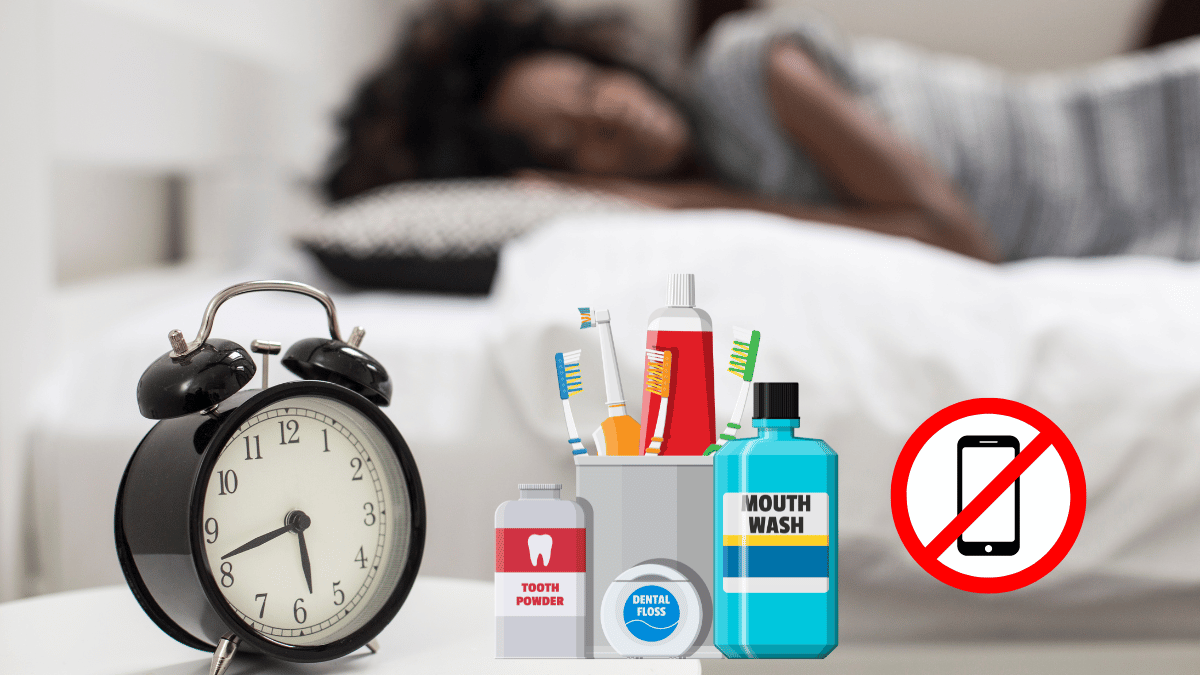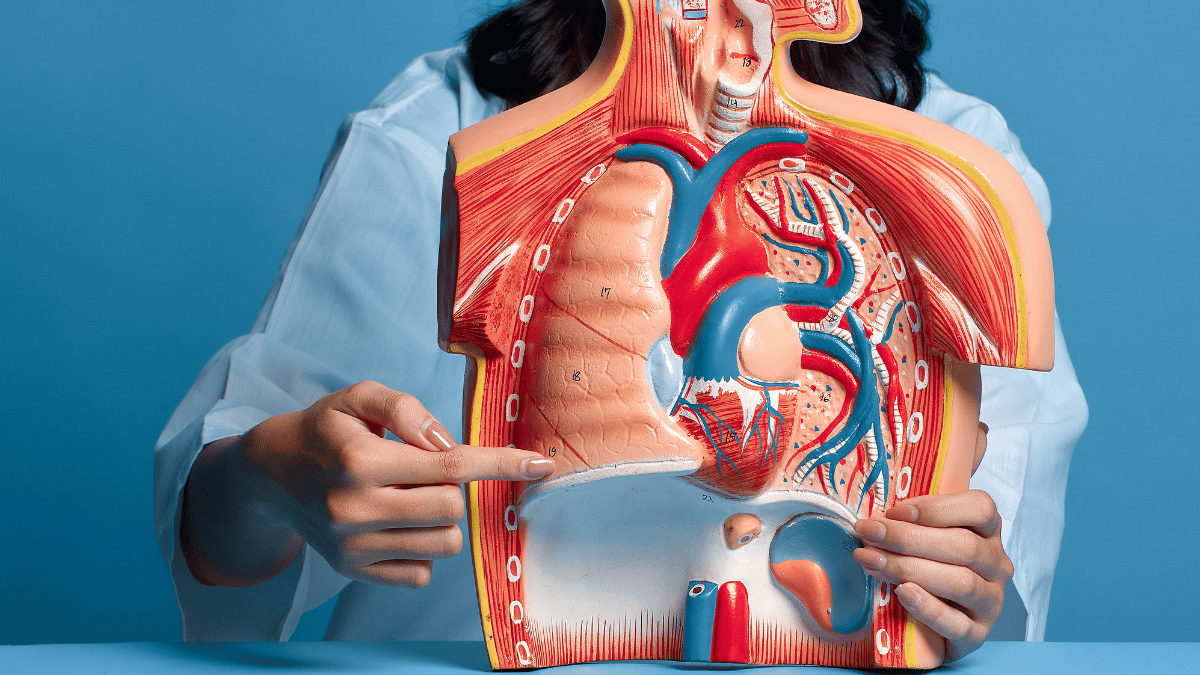What is Sleep Hygiene?
Sleep hygiene refers to a set of practices and habits that promote consistent, restful sleep. It encompasses various aspects of your lifestyle, environment, and daily routines that can impact the quality of your sleep. Good sleep hygiene helps you establish a healthy sleep pattern, making it easier to fall asleep, stay asleep, and wake up refreshed.
Importance of Sleep Hygiene
- Improved Sleep Quality: Good sleep hygiene can enhance the overall quality of your sleep, leading to deeper and more restorative rest.
- Increased Daytime Alertness: Adequate sleep promotes better focus, productivity, and mood throughout the day.
- Better Physical Health: Consistent, quality sleep is linked to improved immune function, cardiovascular health, and metabolic regulation.
- Mental Well-being: Proper sleep hygiene can reduce the risk of anxiety, depression, and other mental health issues by allowing your brain to recover and process information effectively.
- Establishing Routine: Developing a regular sleep schedule helps regulate your body’s internal clock, making it easier to fall asleep and wake up naturally.
Common Sleep Hygiene Myths
- Myth: You can “catch up” on sleep over the weekend.
- Fact: While extra sleep can help, it doesn’t fully compensate for chronic sleep deprivation, and it can disrupt your sleep schedule.
- Myth: Alcohol helps you sleep better.
- Fact: Alcohol may initially make you feel drowsy, but it disrupts sleep cycles and can lead to poorer sleep quality overall.
- Myth: Watching TV or using screens helps you wind down.
- Fact: The blue light emitted by screens can interfere with the production of melatonin, making it harder to fall asleep.
- Myth: Napping is always bad for sleep.
- Fact: Short naps can be beneficial and help improve alertness, but long or late naps may disrupt nighttime sleep.
- Myth: Sleep needs are the same for everyone.
- Fact: Sleep requirements vary by age, lifestyle, and individual health, so it’s important to listen to your body’s needs.
Key Components of an Effective Sleep Hygiene Routine
Establishing a Consistent Sleep Schedule
Creating a consistent sleep schedule is foundational for good sleep hygiene. This involves going to bed and waking up at the same time every day, even on weekends. By maintaining this routine, you help regulate your body’s internal clock, which can make it easier to fall asleep and wake up feeling refreshed.
Over time, sticking to a regular sleep schedule reinforces your body’s natural rhythms, ultimately enhancing the overall quality of your sleep. This consistency not only helps you feel more alert during the day but also reduces the likelihood of sleep disorders.
Creating a Relaxing Sleep Environment

Your sleep environment has a profound impact on the quality of your rest. To cultivate a calming atmosphere, consider essential factors such as room temperature, lighting, and noise levels. A cool, dark, and quiet room is generally most conducive to sleep.
You might find that a comfortable mattress and pillows tailored to your specific preferences can make a significant difference in how well you sleep. Additionally, incorporating calming colors and reducing clutter can create a more peaceful sanctuary that invites relaxation, making it easier to drift off each night.
Limiting Screen Time Before Bed
In today’s digital age, limiting screen time before bed is crucial for maintaining healthy sleep patterns. The blue light emitted by devices such as phones, tablets, and computers can interfere with your ability to fall asleep by suppressing melatonin production, a hormone that regulates sleep.
To enhance your nighttime routine, aim to turn off screens at least an hour before bedtime. Instead, engage in calming activities, like reading a physical book, journaling, or practicing gentle stretching. This shift not only helps prepare your mind for sleep but also reduces the temptation to check notifications that can lead to increased stress or stimulation.
Managing Caffeine and Alcohol Intake
Caffeine and alcohol are two substances that can significantly disrupt your sleep if consumed too close to bedtime. Caffeine, commonly found in coffee, tea, and some sodas, is a stimulant that can keep you alert, making it difficult to fall asleep. It’s generally advisable to limit caffeine intake in the afternoon and evening.
On the other hand, while alcohol may initially induce drowsiness, it often leads to fragmented sleep later in the night.
To promote better sleep, consider reducing your intake of both substances in the hours leading up to bedtime, allowing your body to relax and prepare for restorative sleep.
Incorporating Relaxation Techniques
Incorporating relaxation techniques into your pre-sleep routine can significantly enhance your ability to unwind and prepare for a restful night. Practices such as deep breathing, meditation, or gentle yoga can effectively calm your mind and body.
Establishing a wind-down routine that includes these activities signals to your brain that it’s time to relax, making it easier to transition into a peaceful state.
This intentional time for relaxation not only helps reduce stress but can also lead to improved sleep quality and duration, helping you wake up rejuvenated and ready for the day ahead.
Additional Tips for Improving Sleep Quality
The Role of Physical Activity

Engaging in regular physical activity plays a significant role in enhancing sleep quality. Exercise helps reduce anxiety and stress, both of which can interfere with your ability to fall asleep. Moreover, physical activity increases the amount of deep sleep you experience, allowing for more restorative rest.
However, it’s essential to time your workouts appropriately; exercising too close to bedtime may have the opposite effect, making it harder to wind down.
Aim for at least 30 minutes of moderate exercise on most days, ideally finishing your workout a few hours before sleep.
The Benefits of a Sleep Diary
Keeping a sleep diary can be an effective tool for improving sleep quality. By tracking your sleep patterns, including when you go to bed, wake up, and any nighttime awakenings, you can identify trends and factors affecting your sleep.
A sleep diary can also help you pinpoint lifestyle habits—such as caffeine consumption or stress levels—that may contribute to poor sleep. This awareness can empower you to make informed adjustments to your routine, ultimately leading to better sleep outcomes.
Seeking Professional Help When Needed
If you find that your sleep issues persist despite implementing good sleep hygiene practices, it may be time to seek professional help. Sleep disorders, such as insomnia, sleep apnea, or restless leg syndrome, can significantly impact your quality of life and overall health.
A healthcare professional or sleep specialist can provide a thorough evaluation and recommend appropriate treatments or therapies. Don’t hesitate to reach out for support, as addressing sleep issues early can lead to more effective solutions and a healthier lifestyle.
Conclusion
Establishing and maintaining effective sleep hygiene is essential for achieving restorative sleep and enhancing overall well-being. By focusing on consistent sleep schedules, creating a relaxing environment, managing screen time, and being mindful of substances like caffeine and alcohol, you can significantly improve your sleep quality.
Incorporating physical activity, keeping a sleep diary, and seeking professional help when needed can further support your journey toward better sleep.
Prioritizing these practices not only leads to more restful nights but also positively impacts your mental and physical health, helping you wake up refreshed and ready to face each day with energy and clarity.



